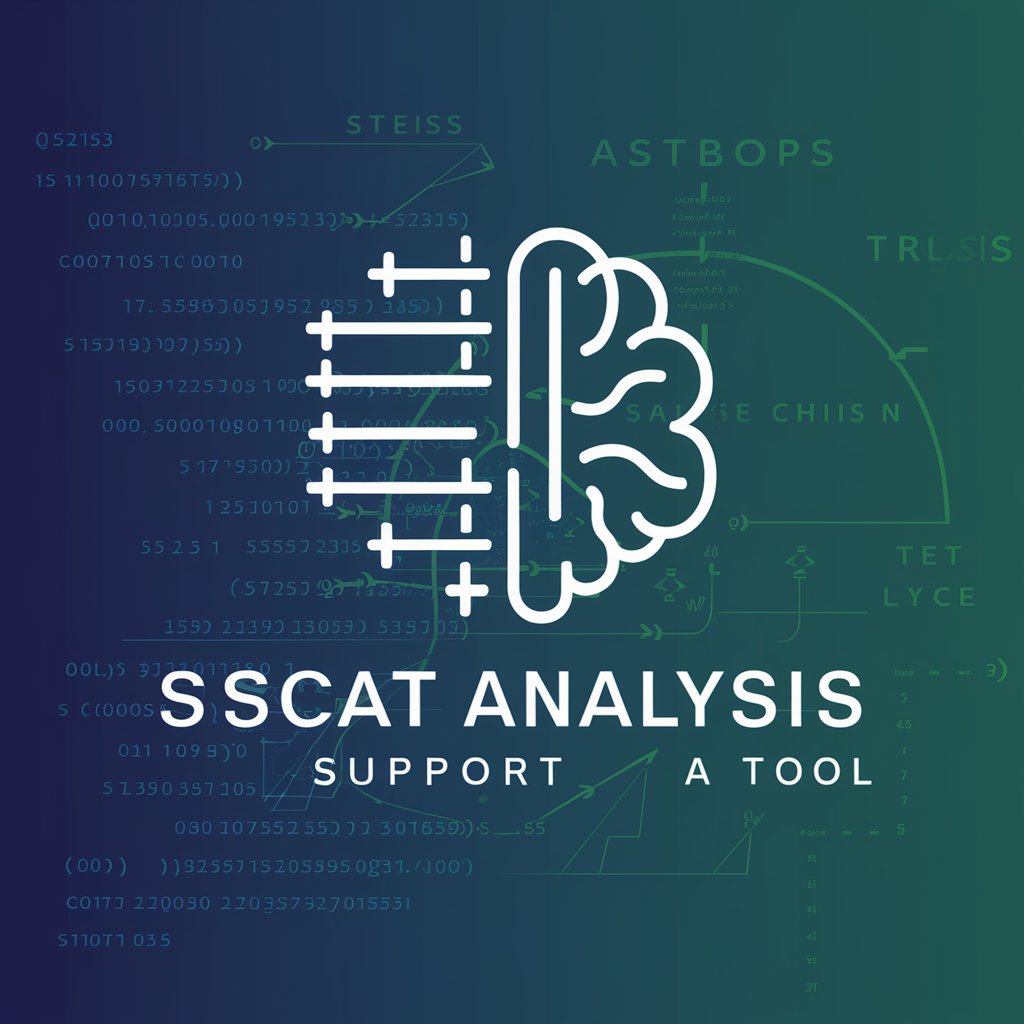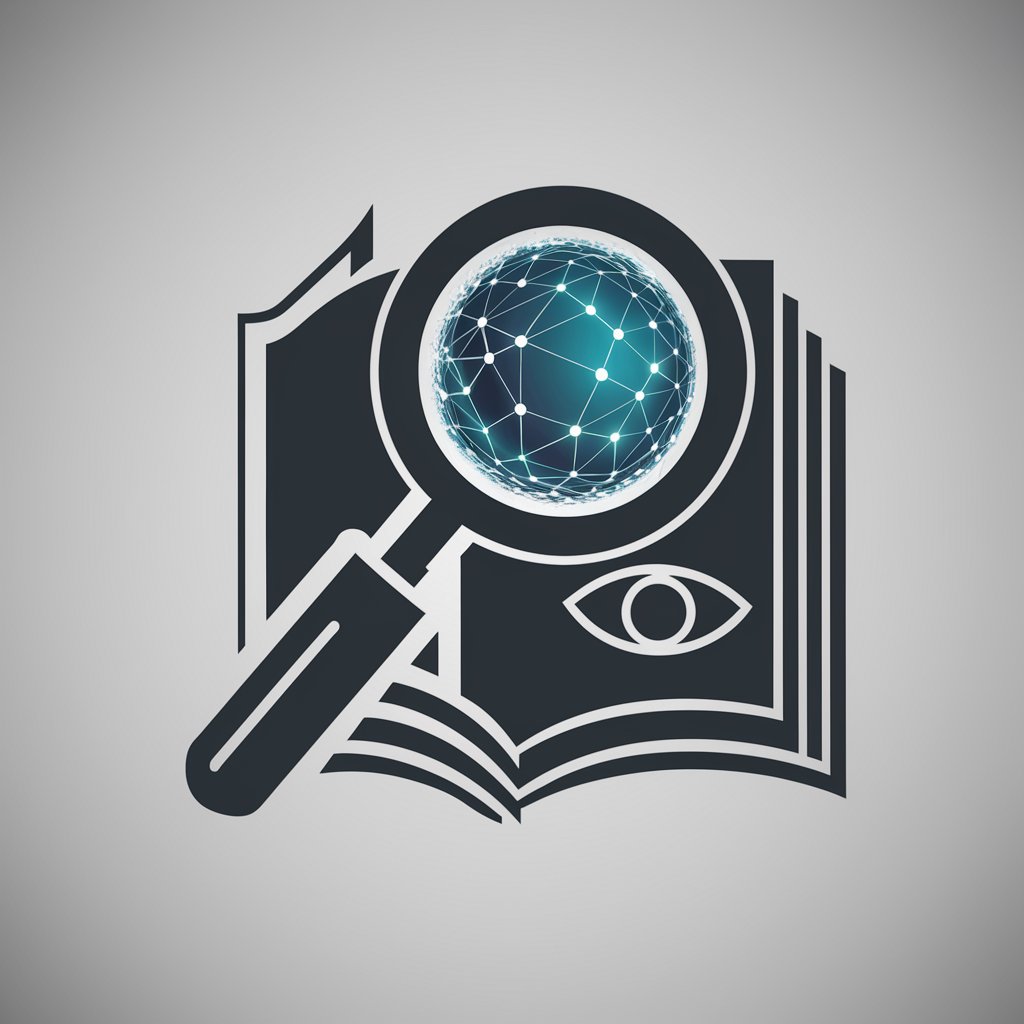4 GPTs for Social Science Powered by AI for Free of 2025
AI GPTs for Social Science are advanced computational tools designed to analyze, interpret, and generate human-like responses based on vast amounts of social science data. These tools, powered by Generative Pre-trained Transformers, leverage machine learning to understand and engage with topics related to sociology, psychology, economics, and more. They provide tailored solutions for analyzing social phenomena, predicting human behavior, and facilitating research in the social sciences, emphasizing the role of AI in enhancing our understanding of complex social systems.
Top 4 GPTs for Social Science are: 質的研究:SCAT分析専用API,SEM Guide,Plank,Sciences et Techniques Médico-Sociales
質的研究:SCAT分析専用API
AI-powered insight from qualitative data

SEM Guide
AI-Driven Modeling Insight

Plank
Empower Your Investigations with AI

Sciences et Techniques Médico-Sociales
Empowering understanding with AI-driven medico-social education.

Key Attributes of Social Science AI Tools
AI GPTs for Social Science boast unique features tailored to the domain, including advanced natural language processing for interpreting social science texts, data analysis capabilities for uncovering trends in societal data, and image generation for visualizing social patterns. These tools adapt from basic querying functions to complex predictive modeling, making them versatile in addressing a wide range of social science questions. Special features might include sentiment analysis, thematic coding, and the integration of qualitative data analysis, enhancing their utility in social science research.
Who Benefits from Social Science AI Tools
These AI GPTs tools are invaluable to a broad audience within the social sciences, from students and researchers seeking to deepen their understanding of social phenomena to policy makers and social workers aiming to apply data-driven insights in real-world scenarios. They are designed to be accessible to those without advanced technical skills, providing intuitive interfaces and guided functionalities, while also offering robust customization options for developers and data scientists in the field.
Try Our other AI GPTs tools for Free
Personal Humor
Discover how AI GPTs for Personal Humor can transform your content into engaging, humorous experiences tailored to your personal taste and context.
Personal Rights
Discover how AI GPTs for Personal Rights empower individuals and professionals with tailored advice, legal support, and advocacy tools in an accessible, user-friendly format.
Interstellar Music
Explore the universe of sounds with AI GPTs for Interstellar Music, designed to innovate and inspire music creation with cosmic themes. Ideal for creators at all levels seeking to transcend terrestrial music boundaries.
Galactic Linguistics
Explore the universe of languages with AI GPTs for Galactic Linguistics, your essential tool for decoding, translating, and understanding the diverse languages of the galaxy.
Simulated Gardening
Discover how AI GPT tools for Simulated Gardening can revolutionize your gardening experience with tailored advice, simulations, and solutions.
Cosmic Photography
Explore the universe with AI GPTs for Cosmic Photography: advanced tools for space imagery analysis, accessible to enthusiasts and professionals alike, enabling deeper cosmic understanding.
Expanding Horizons with Social Science AI
AI GPTs in the social sciences represent a paradigm shift in how we approach complex social issues. These tools not only offer sophisticated analytical capabilities but also provide user-friendly interfaces that democratize access to advanced research methods. Their integration with existing systems underscores their versatility, making them a cornerstone in modern social science research and application.
Frequently Asked Questions
What are AI GPTs for Social Science?
AI GPTs for Social Science are specialized tools that use advanced AI to analyze and engage with social science topics, providing insights and predictions relevant to sociology, psychology, and more.
How can AI GPTs benefit social science research?
They offer advanced data analysis, natural language understanding, and predictive modeling to uncover trends, predict behaviors, and facilitate a deeper understanding of complex social issues.
Who can use these AI tools?
They are designed for a wide range of users, from social science students and professionals to policy makers and data scientists, offering both simplicity for novices and advanced features for experts.
Do I need coding skills to use these tools?
No, these tools are designed to be user-friendly for non-technical users, with intuitive interfaces and guided functionalities, while still providing customization options for those with programming expertise.
Can AI GPTs for Social Science generate reports?
Yes, many of these tools have the capability to analyze data and generate comprehensive reports, summarizing findings and visualizing data in a user-friendly manner.
How do these tools handle data privacy?
Data privacy is a top priority, with robust security measures in place to protect sensitive information and ensure compliance with data protection regulations.
Can these tools integrate with existing research workflows?
Yes, many AI GPTs for Social Science are designed to seamlessly integrate with existing research and data analysis workflows, enhancing productivity and efficiency.
Are there specialized features for qualitative data analysis?
Yes, some tools offer specialized features for analyzing qualitative data, such as thematic coding and sentiment analysis, providing a comprehensive toolkit for social science research.